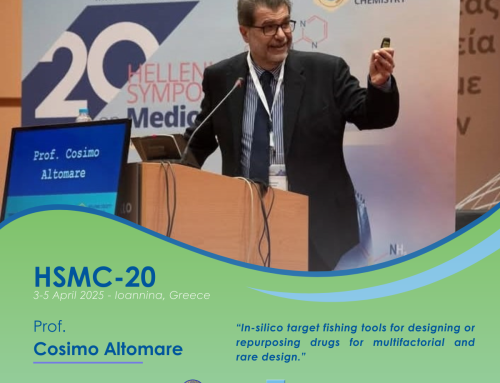On September 2017, the article “Failures to further developing orphan medicinal products after designation granted in Europe: an analysis of marketing authorisation failures and abandoned drugs” was published on BMJ Openjournal.
The paper reports the results of the analysis performed by the authors Viviana Giannuzzi, Annalisa Landi, Enrico Bosone, et al, aimed to identify the orphan medicinal products designed in Europe under Regulation 141/2000 in the period 2000-2012 that failed the developmental process. Moreover, the study intended to investigate, through validated methods, the reasons and the factors influencing the failures. The authors pointed out that 437 out of 788 designations are still under development, while 219 failed the developmental process (34 failed the marketing authorisation process and 185 were abandoned). In the group marketing authorisation failures, 50% reached phase II, 47% reached phase III and 3% reached phase I, while in the group of abandoned drugs, the majority of orphan medicinal products apparently never started the development process, since no data on 48.1% of them were published and the 3.2% did not progress beyond the non-clinical stage. The reasons for failures of marketing authorisation were: efficacy/safety issues (26), insufficient data (12), quality issues (7), regulatory issues on trials (4) and commercial reasons (1). The main causes for abandoned drugs were efficacy/safety issues (reported in 54 cases), inactive companies (25.4%), change of company strategy (8.1%) and drug competition (10.8%). No information concerning reasons for failure was available for 23.2% of the analysed products.
Conclusively, this study allows to better understand the risks encountered by companies willing to develop orphan medicines.
The full article is available here.



